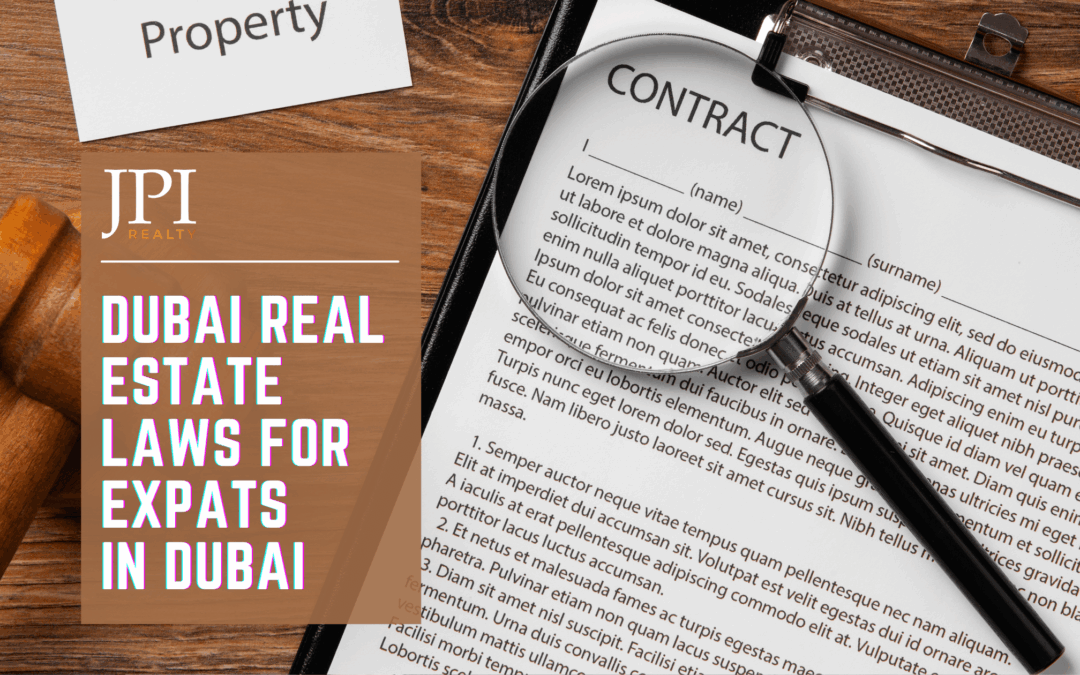Dubai real estate laws for expats
Imagine waking up to views of the Burj Khalifa or the Palm Jumeirah – not as a tourist, but in a home that’s truly yours. For many expats, this dream is now a reality. Dubai has transformed from a business hub into a global property hotspot, welcoming investors and homeowners from around the world.
But before you start browsing apartments in Downtown or villas in Palm Jumeirah, it’s important to understand the Dubai real estate laws for expats. The good news? The process is more straightforward than most people think. Let’s break it down step by step.
Can Expats Buy Property in Dubai?
Yes! Since 2002, Dubai has allowed expats to purchase property in designated freehold areas. This landmark decision made Dubai one of the first in the GCC to open its real estate market to international investors.
Expats can:
- Buy property in freehold areas.
- Own apartments, villas, townhouses, and commercial units.
- Pass down ownership to heirs or sell at any time.
Freehold vs. Leasehold Property
Freehold property gives you full ownership of the property and the land it sits on. Most expats choose this option in popular communities like Downtown Dubai, Dubai Marina, Palm Jumeirah, and Jumeirah Lake Towers.
Leasehold property means you lease the property for a period (usually up to 99 years), but ownership of the land stays with the freeholder.
Legal Requirements for Expats
Here’s what you’ll need to buy property as an expat in Dubai:
- Valid Passport – No UAE residency visa is required to purchase.
- Sale Agreement – Signed between buyer and seller.
- Title Deed – Issued by the Dubai Land Department (DLD).
- Registration Fees – 4% of the property price payable to DLD.
Mortgages for Expats in Dubai
Expats can also apply for mortgages from UAE banks, though terms may differ from locals. Key points:
- Expats can usually borrow up to 75% of the property value for their first purchase.
- Minimum down payment: 25%.
- Maximum tenure: 25 years.
Inheritance & Ownership Transfer
Under UAE law, property inheritance for expats follows Sharia principles unless you register a will in DIFC Wills Service Centre. This ensures your property is distributed according to your wishes.
Why Dubai Real Estate is Attractive for Expats
- Tax-free property ownership (no annual tax).
- High rental yields (5–8% on average).
- Strong demand from global investors.
- Golden Visa eligibility for property investors.
Buying property in Dubai as an expat is straightforward, thanks to clear laws and supportive regulations. By understanding Dubai’s real estate rules for expats, you can confidently invest in one of the world’s most dynamic property markets. If you’re considering making Dubai your next investment hub, JPI Realty is here to guide you with transparent advice and end-to-end support.

